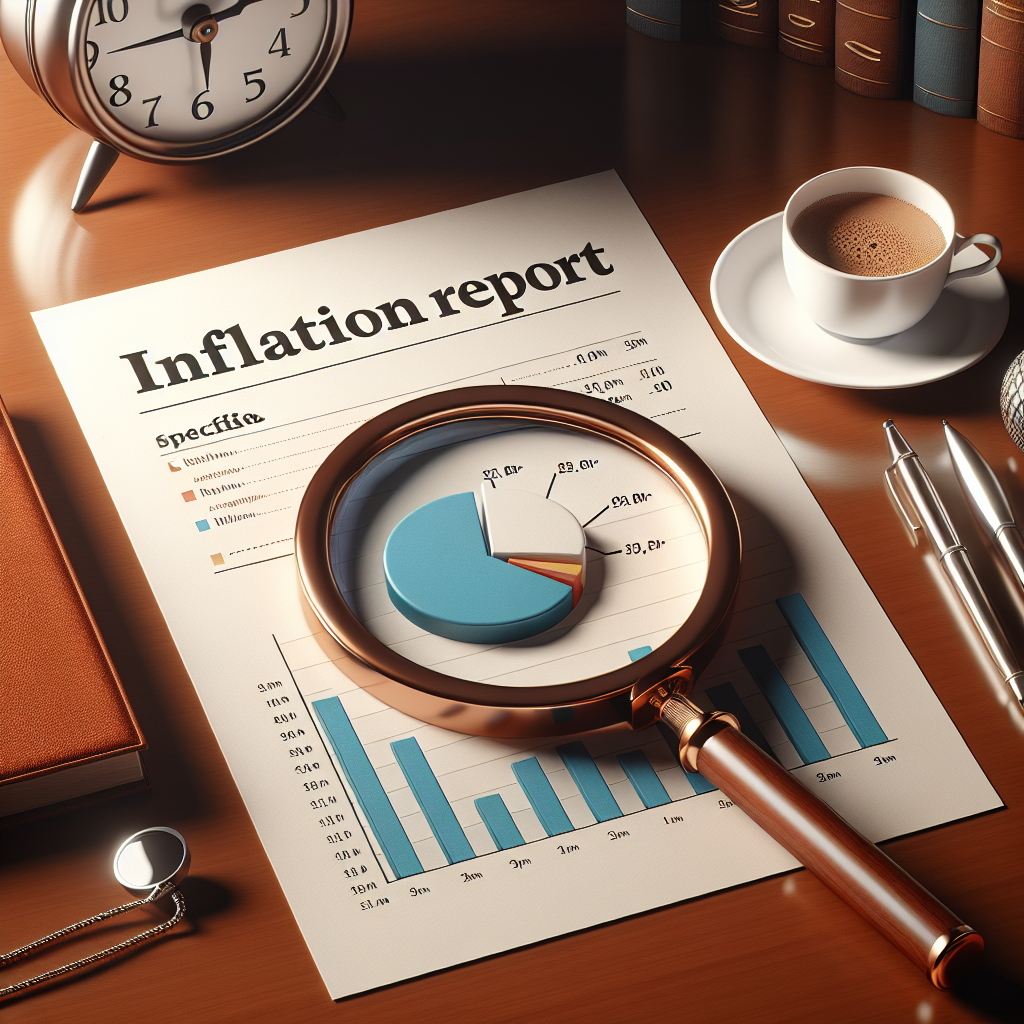Euro Zone Inflation Anticipates ECB's Rate Cut Amid Trade War Concerns
Euro zone inflation exceeded expectations, reaching 2.2% primarily due to rising service prices, even as energy costs declined. Core inflation also increased, hinting at domestic pressure. The ECB may still favor a rate cut to counter the global trade war's economic impacts. Investors predict more rate reductions this year.

Euro zone inflation rates rose unexpectedly last month, driven by increasing service costs and counterbalanced by falling energy prices. This rise brought the rate to 2.2%, surpassing the anticipated 2.1% as indicated by a Reuters survey. The heightened inflationary pressure comes amid ongoing concerns over a global trade war.
Core inflation, which excludes volatile sectors like food and energy, climbed from 2.4% to 2.7%, suggesting stronger underlying price pressures. Despite this uptick, the European Central Bank is still poised towards rate cuts, factoring in the broader implications of trade strife as it prepares for its forthcoming June 5 meeting.
Economic instability due to trade tensions has shifted the ECB's focus, with policymakers and investors forecasting an 85% likelihood of a rate decrease. As the bank readies for possible further cuts, apprehensions linger around the impact of intensified trade conflicts on the euro zone's economic outlook and inflation.
(With inputs from agencies.)










